
As more and more Filipinos are gearing up to get back to work, local automotive players begin to introduce more budget-friendly options that would entice today’s generation of car buyers.
With shifting motoring needs, many of the newer models take a more compact, sporty, and utilitarian form. Small sedans are slowly being replaced by taller and somewhat roomier compact SUVs. Two good examples are the Toyota Raize and the Kia Stonic.
Join us as we find out which of the two vehicles emerge victorious in this mini SUV melee.
|
Toyota Raize |
Kia Stonic |
|
|
Dimensions (L x W x H mm) |
4,030 x 1,710 x 1,605 |
4,100 x 1,735 x 1,533 |
|
Wheelbase (mm) |
2,525 |
2,570 |
|
Ground clearance (mm) |
200 |
185 |
The Kia Stonic is slightly larger than the Toyota Raize. Consequentially, it does have a longer wheelbase which contributes to a smoother ride. However, the Raize is moderately taller than the Stonic thanks to its higher ground clearance which allows it to easily breeze through potholes and road bumps.
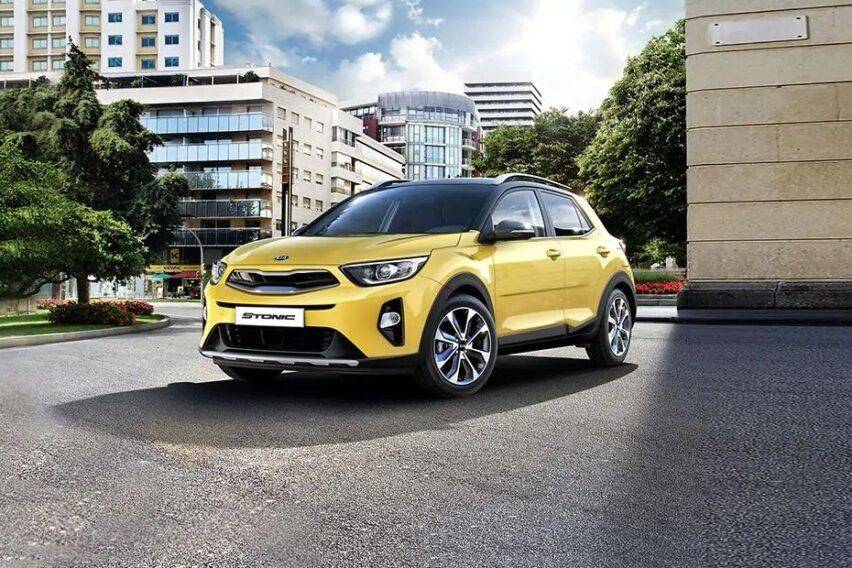
Style-wise, the Japanese has a more aggressive look than the Korean. It has sharper angles and has a more tapered exterior which adds to its menacing appeal. The Kia Stonic’s subtle contours, on the other hand, do make it look stylish and sporty.
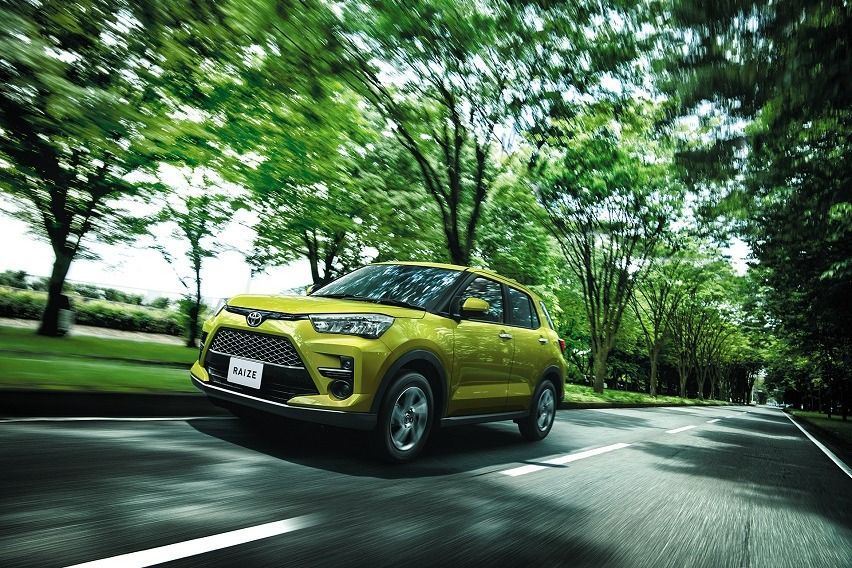
Since both compact SUVs are neck and neck in terms of looks and exterior dimensions, we’ll call this round a tie.
Inside, Toyota Raize owners will be greeted by a standard Optitron segment-type instrument cluster and an eight-inch audio display. Those who opt to get the higher variants can expect to get a seven-inch TFT instrument panel and a nine-inch infotainment display.
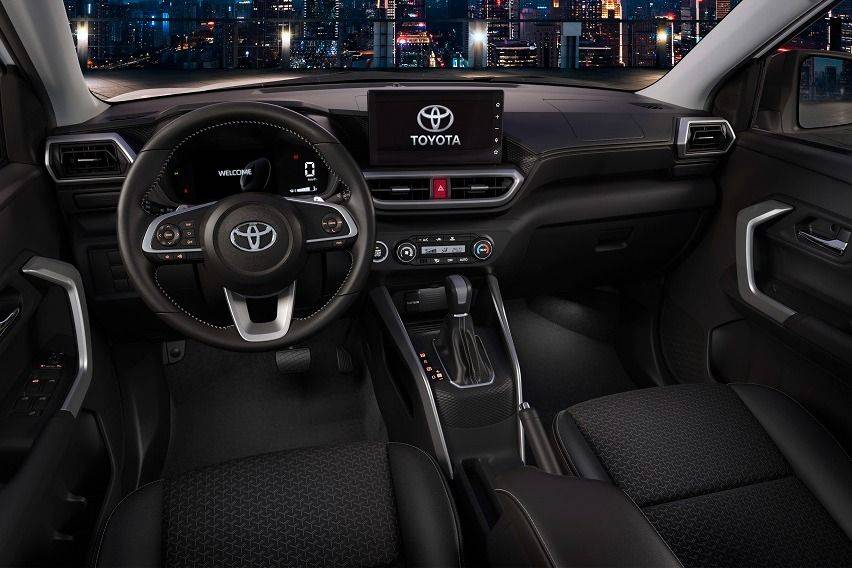
Seats are covered in fabric, with synthetic leather trims for the range-topping variant. Likewise, the steering wheel is urethane for lower trims with leather available for the higher grades.
The Kia Stonic sings a different tune though as all variants of the compact SUV get a 3.5-inch instrument panel, a three-spoke polyurethane steering wheel, cloth seats, and an eight-inch audio display unit.
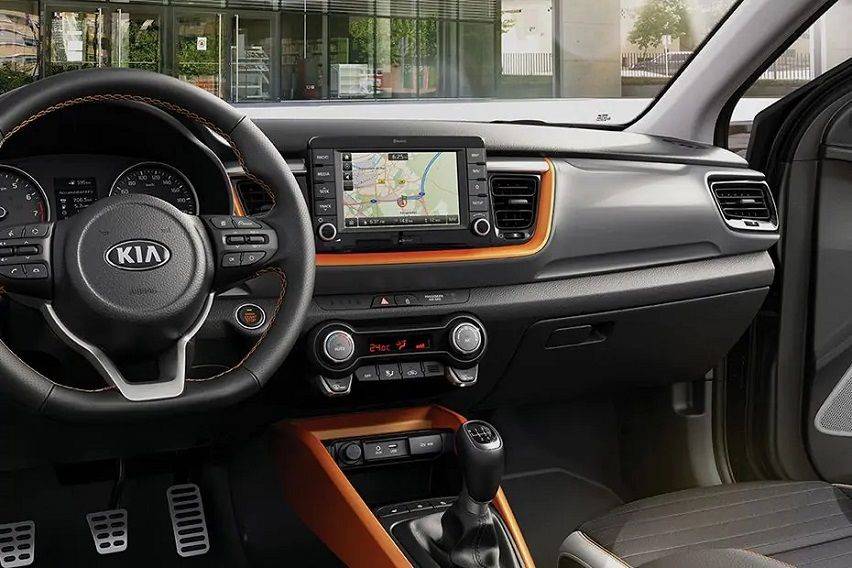
With better personalization options, we give this round to the Toyota Raize.
Powering the Toyota Raize is a 1.2-liter gasoline engine mated to either a five-speed manual transmission or a CVT. The top-of-the-line model gets a turbocharged 1.0-liter engine with a CVT.
Meanwhile, the Kia Stonic features a 1.4-liter engine across the board. It can be mated to a five-speed manual or a six-speed automatic.
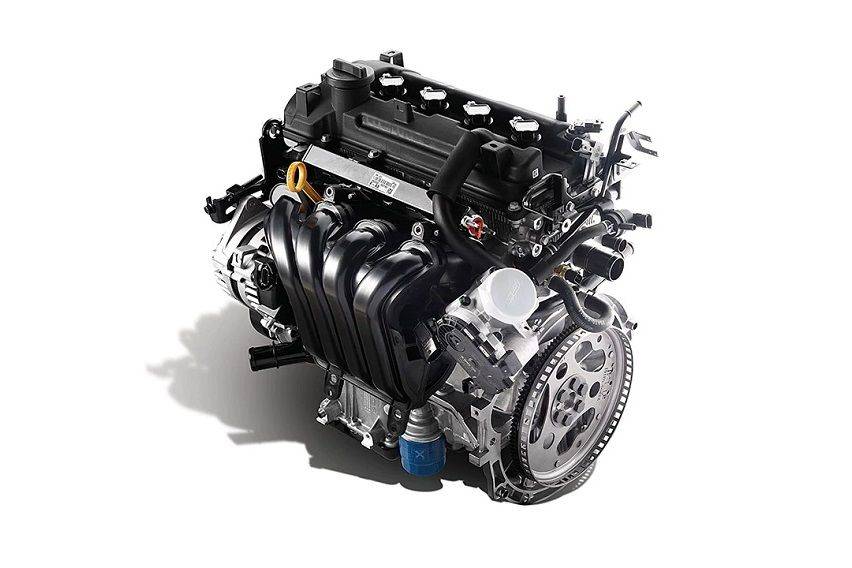
In today’s automotive landscape, the fuel-efficient Toyota Raize would be more appealing to most car buyers. It does have a smaller displacement, but it will give you better mileage in the long run.
That said, this round goes to the Toyota Raize.
The Toyota Raize comes with a slew of basic safety features. These include SRS airbags, ABS, vehicle control stability, hill-start assist, an immobilizer, and rear parking sensors. The higher trims get blind-sport monitoring, rear cross-traffic alert, and a rear camera.
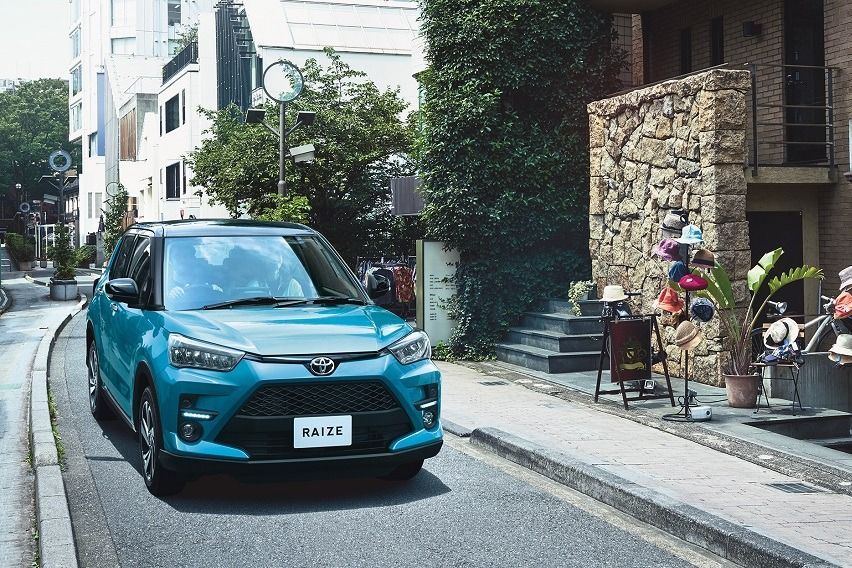
Those looking to drive home a Kia Stonic can expect to get airbags, ABS, and surprisingly, a rear camera as standard. However, it costs a little more to get electronic stability control, hill-start assist, parking sensors, and an immobilizer, as they are reserved for the higher variants.
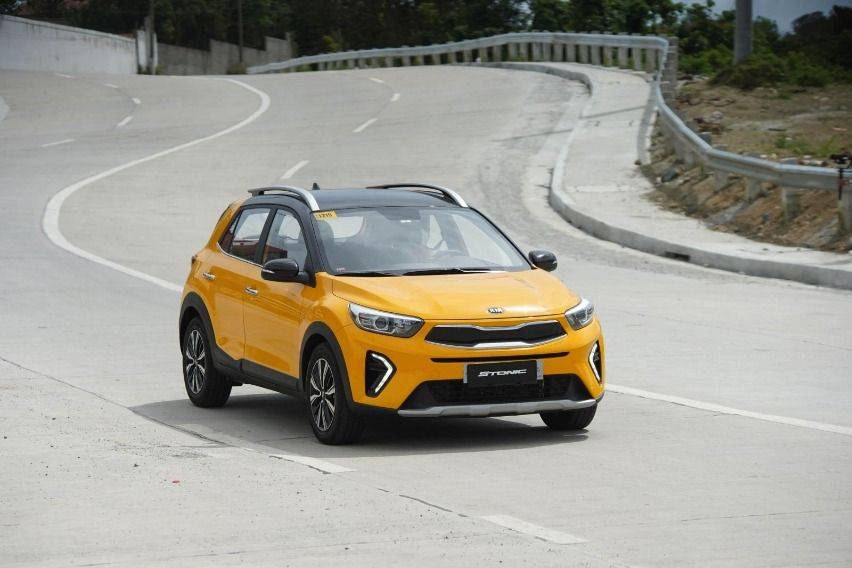
Obviously, we’re giving this round to the Raize.
Toyota Raize
Toyota Raize 1.2 E MT – P746,000
Toyota Raize 1.2 E CVT – P816,000
Toyota Raize 1.2 G CVT – P906,000
Toyota Raize 1.0 Turbo CVT – P1,031,000
Kia Stonic
Kia Stonic LX MT – P765,000
Kia Stonic LX AT – P865,000
Kia Stonic Style Edition AT – P895,000
Kia Stonic EX AT – P995,000
The Toyota Raize easily wins this mini SUV melee. It simply excels over the Stonic from Kia in almost every aspect and can provide car buyers with a good score of useful features at the base variant.
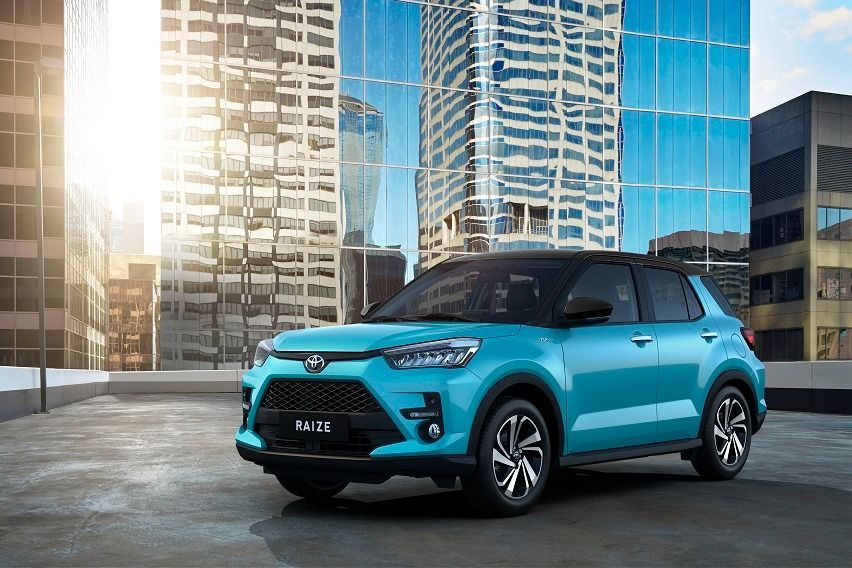
Similarly, buyers can expect Toyota reliability in a small SUV for a price of a sedan.
Photos from Toyota and Kia
Also read:
Copyright © Carmudi 2014-2025. All Rights Reserved.